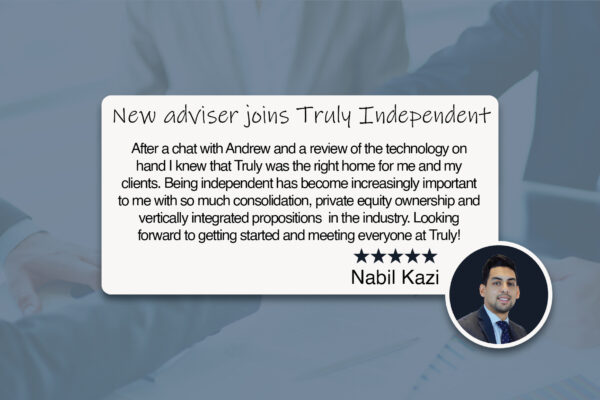
To achieve business efficiency does not mean you have to go down the ‘restricted advice’ model, it is more about the technology, processes and procedures that are adopted and less about your advice range. Our focus on process has meant we are extremely efficient for a firm which adopts the unbiased and unrestricted truly independent model.
Efficiency through technology
The way to maintain your business efficiencies is by use of the best available technology to do the work for you. The best technology costs more. When considering technology, don’t be fooled into low cost. Think primarily about function and business efficiency. Consider the time you will save by adopting an excellent back office system, the control you will have and the added value to your business. Being efficient, not only in the function of advising your clients but as a firm on back office issues, will allow you to adapt quickly to necessary change.
Desire to be efficient
An efficient business can charge fees for business advice on a percentage basis, not time for money. Some financial adviser firms charge clients by the hour for their advice but actually, charging an hourly rate is restrictive to growth. They claim to be fairer to clients because they charge an hourly rate but this is misguided belief because the more efficient the become, the less they charge their clients. Therefore, there is no desire to be efficient which means these firms simply take longer to conclude a piece of advice business.
The argument is that a firm that charges 3% of an investment of say £50,000 (£1,500) is overcharging and that charging an hourly rate is better. However, an hourly rate of £150 yields the same fee if they charge the client ten hours of time. At Truly Independent, the more efficient our advisers become, the greater their hourly rate. By engaging with the right technology, there is a reward for efficiency. In contrast, a firm who charges an hourly rate has no incentive to be efficient. In this example, if they increased efficiency and were able to reduce the ten hours down to six hours (£900), it would cost the firm £600. The reason why most who charge by the hour remain inefficient.


